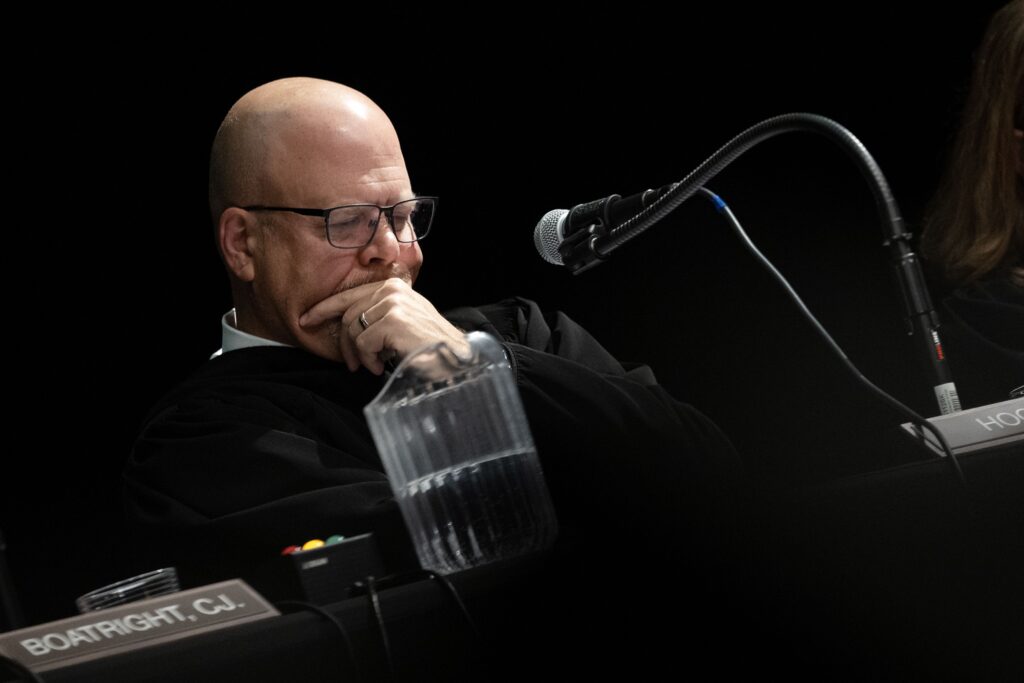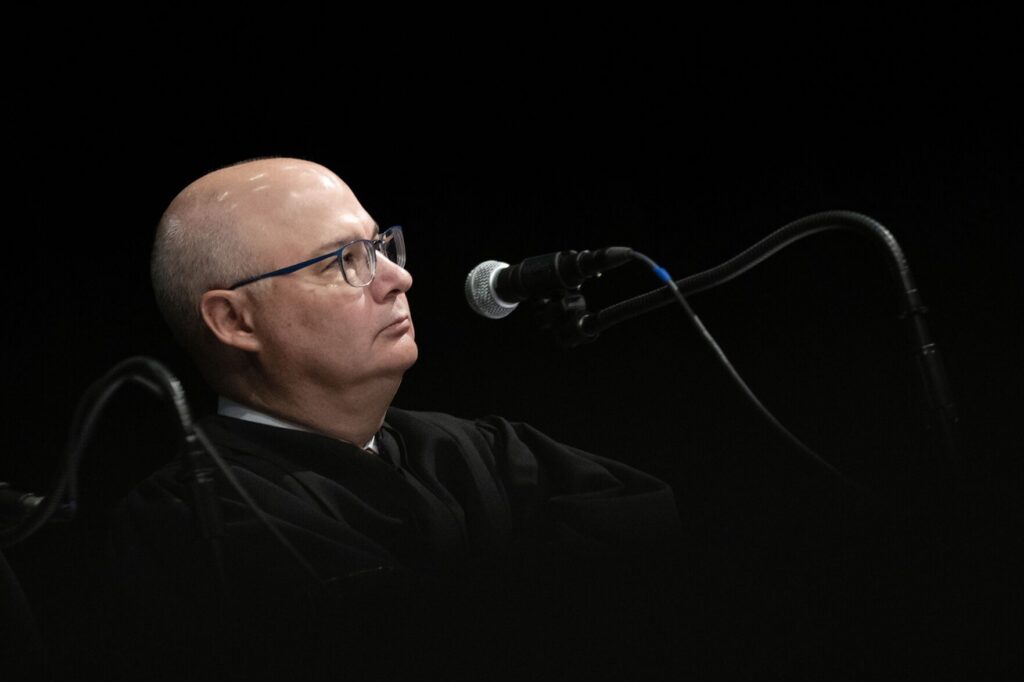Colorado Senate approves $40.6 budget with 19 amendments

The Colorado Senate on Friday approved the state’s $40.6 billion budget for the next fiscal year after adopting nearly 20 amendments during the debate the day before.
The spending plan will now head back to a small group of lawmakers that will work to reconcile the differences between the House and Senate versions.
The vote for House Bill 1430 was was 19-6, with the six “no” all coming from Republicans. Ten senators were excused on Friday.
All told, the Senate adopted 19 amendments during Thursday’s debate.
The amendments adopted by both the House and Senate will be at the forefront when Joint Budget Committee, serving as the conference committee, meets next week.
Those changes include the following:
-
$2 million to the Department of Education in cash funds from the State Education Fund for the Ninth Grade Success Grant Program.
-
$1.5 million from marijuana tax revenue (cash funds) to the Marijuana Entrepreneur’s Cash Fund in the governor’s office.
-
$196,472 – with $108,472 in general funds not previously appropriated – to the Department of Higher Education for continuing medical education at the University of Colorado for primary care providers.
-
$6.1 million in general funds not previously appropriated to the Department of Human Services for senior services.
-
$434,783 in general funds not previously appropriated to the Judicial Department for the Colorado Access to Justice Cash Fund.
-
$1 million in general funds not previously appropriated to the Department of Labor and Employment for a veterans employment program.
-
$869,565 in general funds not previously appropriated to the Department of Public Health and Environment for the school nurse grant program
To balance the budget, the conference committee will have to find a source for the $8.5 million in new general fund expenditures from these amendments.
That could mean tapping the $22 million in “set asides” the budget provides for legislation still working through the process.
About $3 million of the set-aside money is already committed to sunset bills, which will leave just $11 million to cover hundreds of bills and hundreds of millions in general fund requests awaiting action from the appropriations committees.
The new process to determining priorities for those remaining bills starts at 4 p.m. on Friday, with the launching of a Google form where lawmakers can indicate their preferences on bills still awaiting action.
The form will be sent to lawmakers along with a final list of spending bills.
Not included on the list are sunset legislation, bills with a cost of less than $25,000 and measures on interstate compacts. Measures with no fiscal impact are also excluded from the list.
As of this week, there were 320 bills that require consideration based on cost: 50 on tax credits, many of which will tap the Taxpayer’s Bill of Rights surplus; 70 with a general fund cost of less than $200,000 each; and 200 with a general fund impact of more than $200,000 each.
How each lawmaker voted and which bills are designated as priorities will be released on April 11.
The Senate also signed off on the School Finance Act, Senate Bill 188, with a unanimous vote.
The school finance act pays off the last of the 15-year “debt” to public schools, about $141.2 million, down from its highpoint of more than $1 billion just four years ago.
Per pupil base funding – that’s funding before adding in money for rural schools and “categoricals,” such as special education and English language learners – would be $8,496.38 per student.
The measure is in the House for consideration.














